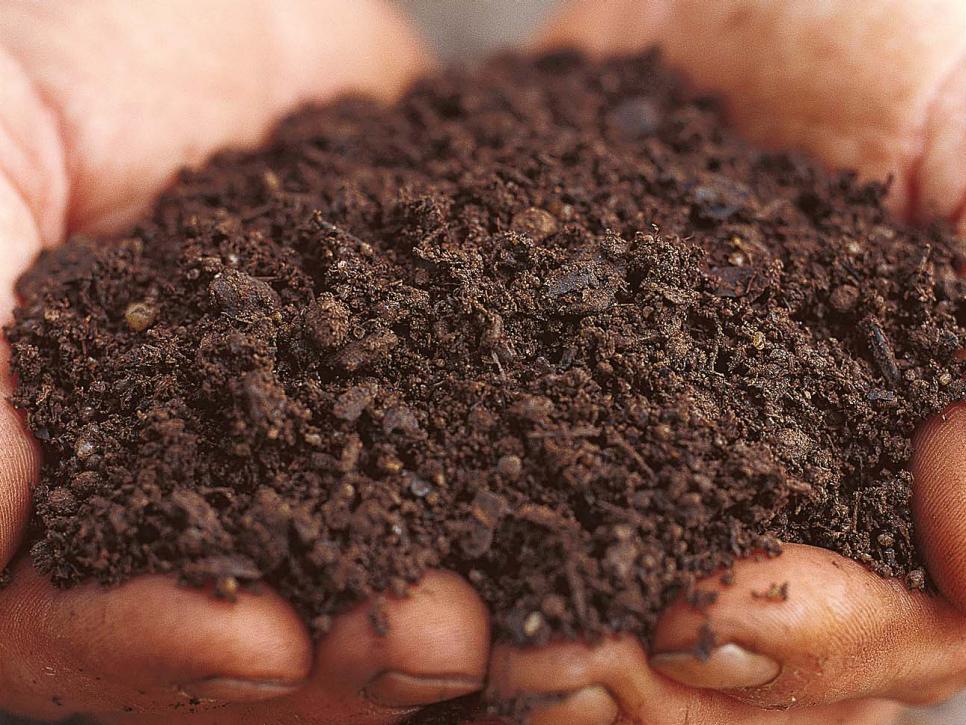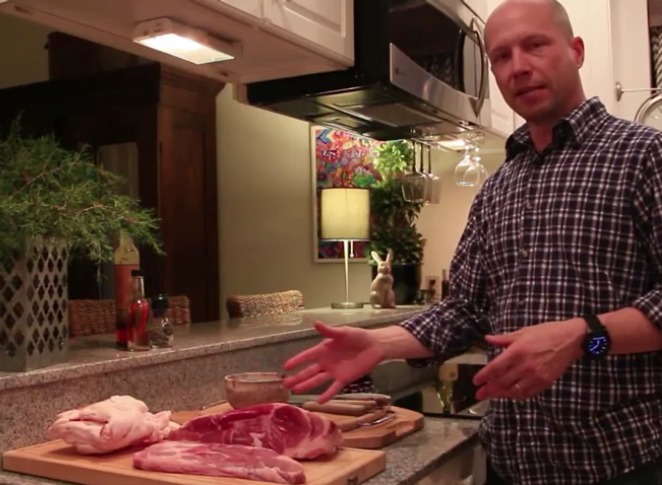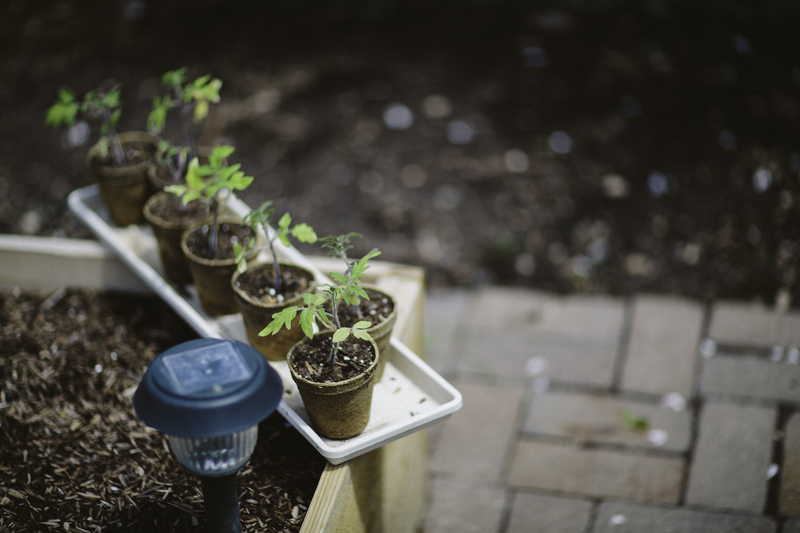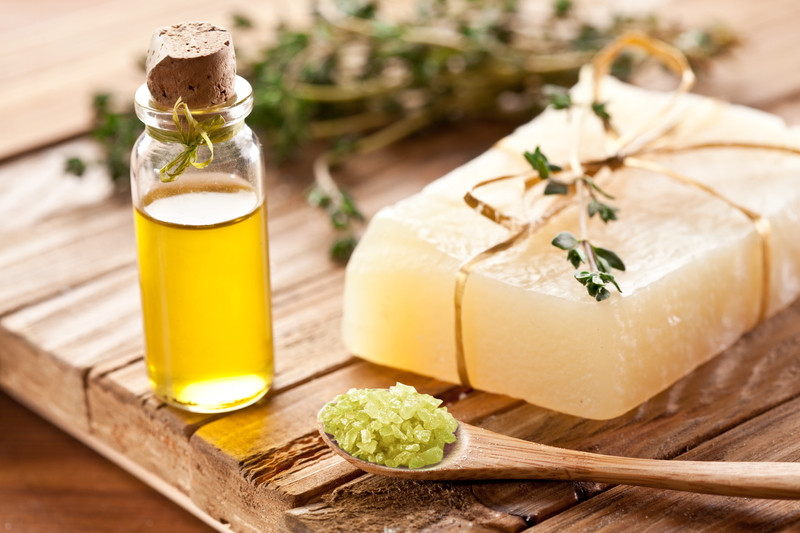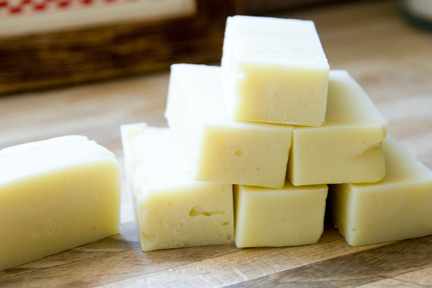
Making soap is a wonderful skill to gain, and given the amount of harsh toxins and chemicals in commercially-available soap, it’s also a great way to guarantee you’re getting wholesome, natural ingredients.
Speaking of chemicals, one reason a lot of people are intimidated by soap-making is the use of the ingredient lye (remember that scene in Fight Club, right?). It can be very dangerous when not handled properly, and burn the skin. However, you simply can’t make soap without it. All soap contains it, the thing is, once the reaction that creates the soap has taken place, the lye has changed forms and is no longer harmful-it’s actually not even lye anymore.
The key to safe soap-making is following some basic precautions. Use gloves, eye protection, a dust mask and fully covering clothes, and also work in an extremely well-ventilated area, if not outside. Make sure you are using food-grade lye, and in between soap-making sessions, keep your lye and other supplies well out of reach of children and pets.
The three bases for soap are lye, a fat or oil, and water. Animal fat can be used-so soap-making is a great option for hunters and homesteaders. Oil soap is also great for homesteaders, and gardeners, as you can make all sorts of scents by infusing your oil with herbs or flowers.
To start soap-making, you’ll want to get a few supplies. This is what’s suggested by UrbanSurvivalSite.com‘s soap-making recipe:
- A soap mold
- Parchment paper
- A gram or kitchen scale
- Non-reactive container (like Pyrex)
- Utensils-metal is not recommended for lye so wooden chopsticks are one option
- An immersion blender-try to find one made just for soap-making so it won’t splash
- A spatula
- Help-when working with lye it can be very helpful to have an extra set of (gloved) hands to ensure it all goes smoothly
Next, just find a recipe and have fun! Your necessary ingredients will vary from recipe to recipe, but as mentioned above they will usually contain some combination of animal fat or oils and fragrance, with a water or tea base and lye. Here are 71 soap recipes to get you started.
Once you know what you’re doing, you can have more fun experimenting and using the supplies you have available such as animal fat or fresh herbs. Soap making is just another step on the road to self-reliance and a simpler and more wholesome life!
If you like this, you might also like:


